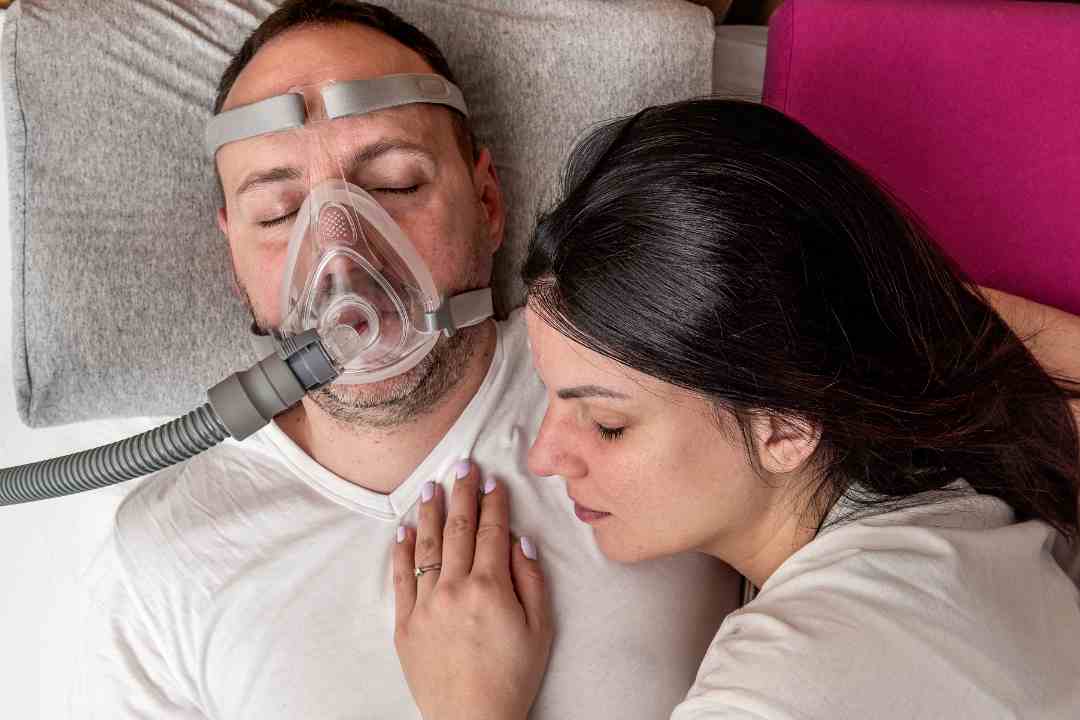Choosing the Right CPAP Device

For individuals grappling with sleep apnoea, a Continuous Positive Airway Pressure (CPAP) device can be a transformative solution. The key to reaping optimal benefits from CPAP therapy lies in selecting the right device tailored to your specific needs. For effective sleep support gear, understanding and evaluating various CPAP options is crucial. With myriad models and features available, the choice can be overwhelming.
Understanding Your Needs
Before delving into the nuances of various CPAP machines, consulting a healthcare professional is a must. A thorough assessment including a sleep study can determine the severity of your condition and the type of CPAP device that would suit you best. The right device not only provides relief from the symptoms of sleep apnoea but also ensures a restful night’s sleep.
Features to Consider
Modern CPAP devices come with a range of features designed to improve user comfort and compliance. Among the primary considerations should be the machine’s pressure type, whether it’s a standard fixed-pressure machine or an auto-adjusting model. An auto-adjusting CPAP changes the pressure dynamically throughout the night, responding to your breathing patterns, while a fixed-pressure model maintains a constant level.
Additionally, look for features such as heated humidification, which adds moisture to the air to prevent dryness and irritation, and mask fit and comfort, which can make a significant difference in your therapy experience. A mask that does not fit correctly can result in air leaks and reduce the effectiveness of the treatment.
Size and Portability
The size of the CPAP machine is another critical factor, especially for those who travel frequently. Compact, travel-friendly models can ensure you don’t miss out on your CPAP therapy when away from home. However, it is important to balance portability with the features that you need for a good night’s sleep; not all smaller devices will have the same features as larger ones.
Noise Levels
CPAP machines have made significant advancements in noise reduction, with many operating at sound levels that are barely perceptible. Nonetheless, it’s a good idea to check the noise level specifications to ensure a disturbance-free night, for both you and your partner.
Advancements in Technology
Advances in technology have introduced CPAP machines with smart features, offering data recording and wireless connectivity. Some devices allow for remote data transmission to your healthcare provider, making it easier to monitor and adjust therapy as needed. While these features may come at an additional cost, they could provide a greater understanding of your sleep patterns and improve overall treatment compliance.
Complementary Sleep Support Gear
Along with selecting the right CPAP machine, it’s important to consider complementary sleep support gear that can enhance comfort and the effectiveness of sleep therapy. Products such as compression stockings can be beneficial for those with circulatory issues, reducing the risk of blood clots and easing swelling in the legs, which is often exacerbated by prolonged periods of rest.
Similarly, an arm compression sleeve can provide support and improve circulation in the arms during sleep, particularly for those who experience lymphedema or other arm swelling conditions. These additional items can play a significant role in establishing a comfortable and therapeutic sleep environment.
Cost and Insurance Coverage
Consideration must also be given to the cost of the CPap device and any accompanying gear, as prices can vary widely based on features and brand. It’s vital to discuss with your insurance provider what costs they will cover and any out-of-pocket expenses you may incur. Understanding your financial responsibilities upfront can help you make an informed decision without unexpected financial strain.
Trying Before Buying
If possible, take advantage of any trial periods offered by CPAP providers. A trial will allow you to assess the comfort, ease of use, and effectiveness of the device in your own sleeping environment. This hands-on experience can be invaluable in making the right choice.
Professional Advice and Support
An important part of choosing the right CPAP device is getting professional advice. A sleep specialist can provide you with personalised recommendations based on your condition, lifestyle, and preferences. Furthermore, consider the level of ongoing support and service that comes with your device. Reliable customer service can assist with any troubleshooting or questions that arise as you adapt to your new device.
Ensuring Compliance
Once you’ve chosen a CPAP machine, compliance is key. Proper use of your CPAP not only improves your sleep but also reduces the long-term health risks associated with untreated sleep apnoea. Keep in regular contact with your sleep specialist, ensure your machine is maintained properly, and make use of supportive accessories that can help you get the most out of your CPAP therapy.
Conclusion
Choosing the right CPAP device is a significant step towards managing sleep apnoea and improving your quality of life. By considering your unique needs, understanding the available features, and integrating complementary sleep support gear, you can find a device that fits your lifestyle and enhances your well-being. Remember, the journey doesn’t end with the purchase; it continues with consistent use, monitoring, and adjustments as necessary, ensuring your CPAP therapy remains effective and comfortable.
Investing the time to assess your options and seeking professional guidance will translate into restorative sleep and better overall health. It is a worthy commitment with priceless returns in the form of energised mornings and healthier, happier days.
